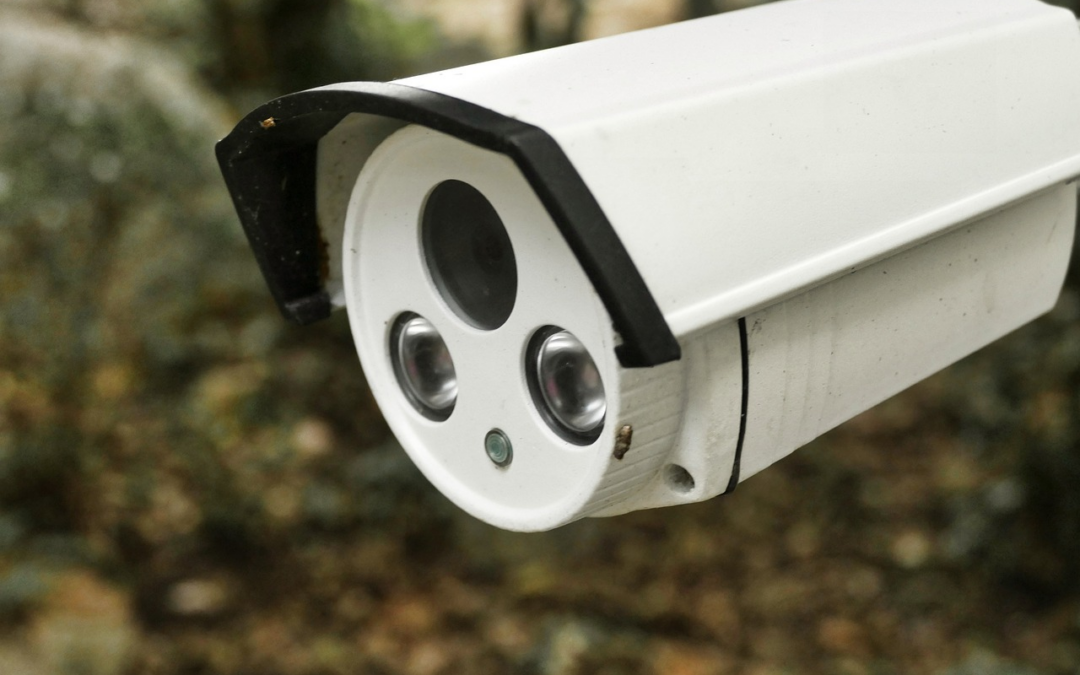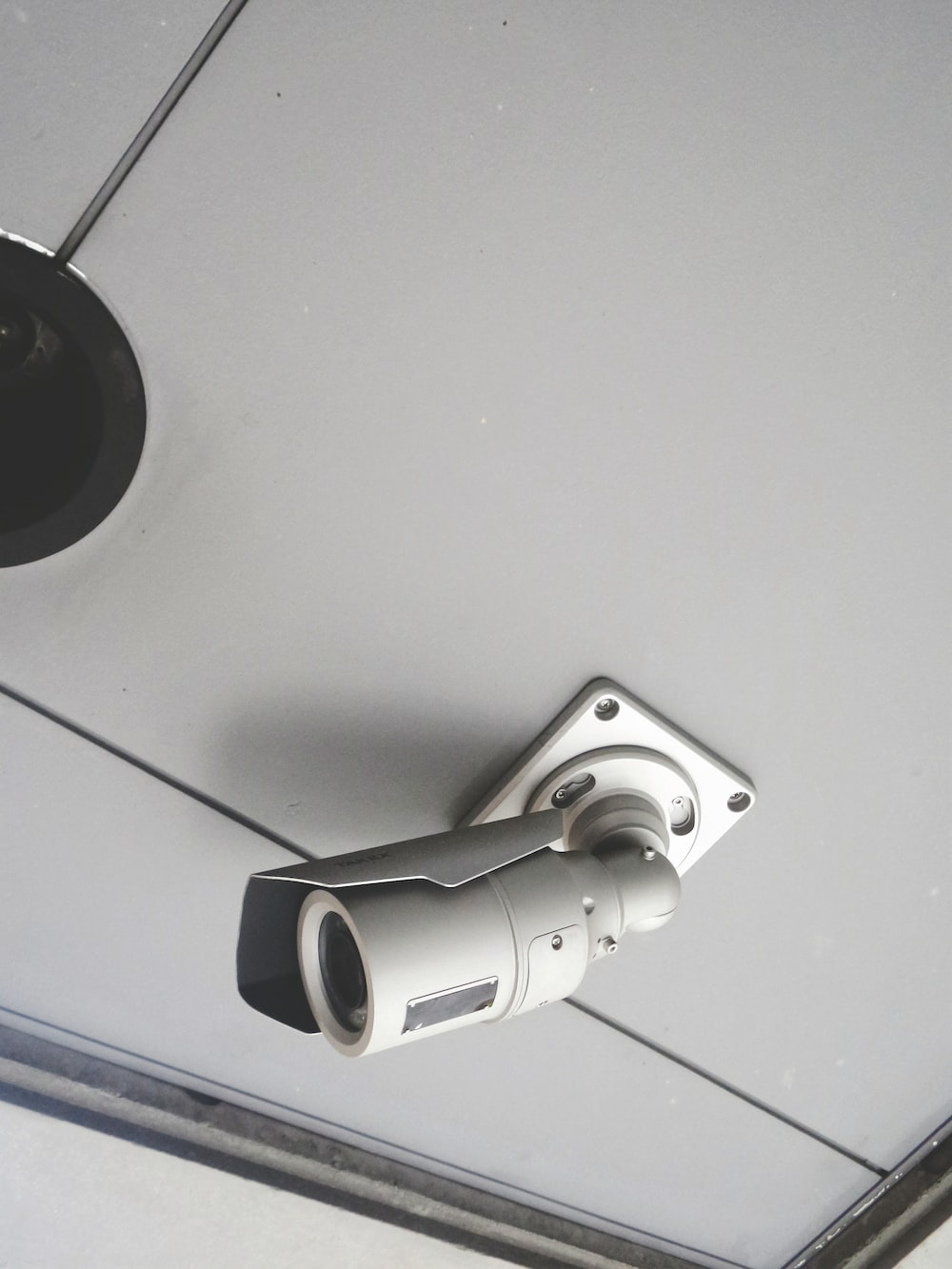Monitored video surveillance is indispensable where building security is concerned, especially in Northern Illinois. It’s a deterrent, a lifesaver, and the best substitute for the human eye, which can only track so much at a given time.
Choosing the right security camera recorder is the key to harnessing the full potential of a state-of-the-art system installed by Umbrella Security Systems.
Today, we have brought you here to help you understand NVR and DVR security systems fully before making this decision.
What is a DVR for Security Cameras?
A Digital Video Recorder (DVR) is an electronic device designed to record video footage in digital format. Connected to analog cameras via coaxial cables, it encodes and converts analog signals into digital, stored on discs, USB drives, or mass storage systems.
Components of a DVR Camera Recorder:
- Analog DVR Recorder Cameras: Cost-effective analog cameras offer brand-agnostic compatibility, making them suitable for diverse setups.
- Coaxial Cables: Standard or siamese coaxial cables transmit analog signals; limitations include signal loss over 500m and inability to transmit audio data.
- AD Encoder: Fitted in DVR units, converts raw camera footage into a viewable digital format, requiring a dedicated power supply for each camera.
How a DVR Security System Works
Analog cameras transmit footage to the centralized DVR recorder through coaxial cables. The internal AD encoder converts analog to digital, storing, organizing, and enabling viewing. Audio signals may require separate RCA cables.
What is an NVR for Security Cameras?
A Network Video Recorder (NVR) is a security camera network using IP NVR cameras to send and receive digital video data over a secure internet connection. Unlike DVRs, NVR security systems are entirely digital, eliminating the need for encoding or decoding.
Components of an NVR
- IP NVR Cameras:Also known as NVR cameras, these IP cameras transmit digital video and audio data, supporting advanced functionalities like motion detection and object classification.
- Wireless and Wi-Fi NVR Security Camera Systems:In wireless systems, cameras process and send video data to a centralized NVR recorder via Wi-Fi, providing flexibility and scalability.
- Ethernet Cables:Wired NVR systems using Power over Ethernet (PoE) cables offer secure and reliable connections, transmitting power, audio, and video through a single cable.
How an NVR System Works
IP cameras send digital data to the NVR recorder via Wi-Fi or ethernet cables. All data is encoded natively by each camera, decoded within the NVR unit, and stored for viewing. NVR networks are not limited by distance, offering enhanced cloud-managed security features.
Use Cases for NVR or DVR Security Systems
Choosing between NVR and DVR depends on factors like scalability, cost, and regulatory requirements. These days, both systems can be connected to the internet for remote access.
While NVR systems are generally more effective, hybrid options or cloud-managed solutions may suit specific needs. Businesses must assess their requirements to determine the most suitable security camera recorder.
The decision between NVR and DVR security systems is part and parcel of a foolproof surveillance infrastructure. Understand their differences, make informed choices, and enhance overall security with Umbrella Security Systems.
Collaborate with us and draw from our experience to take the right steps toward a business security system that has access control, security cameras, emergency mass notification systems, and other measures to safeguard the occupants of your building.
Get in touch for advice or an estimate.


